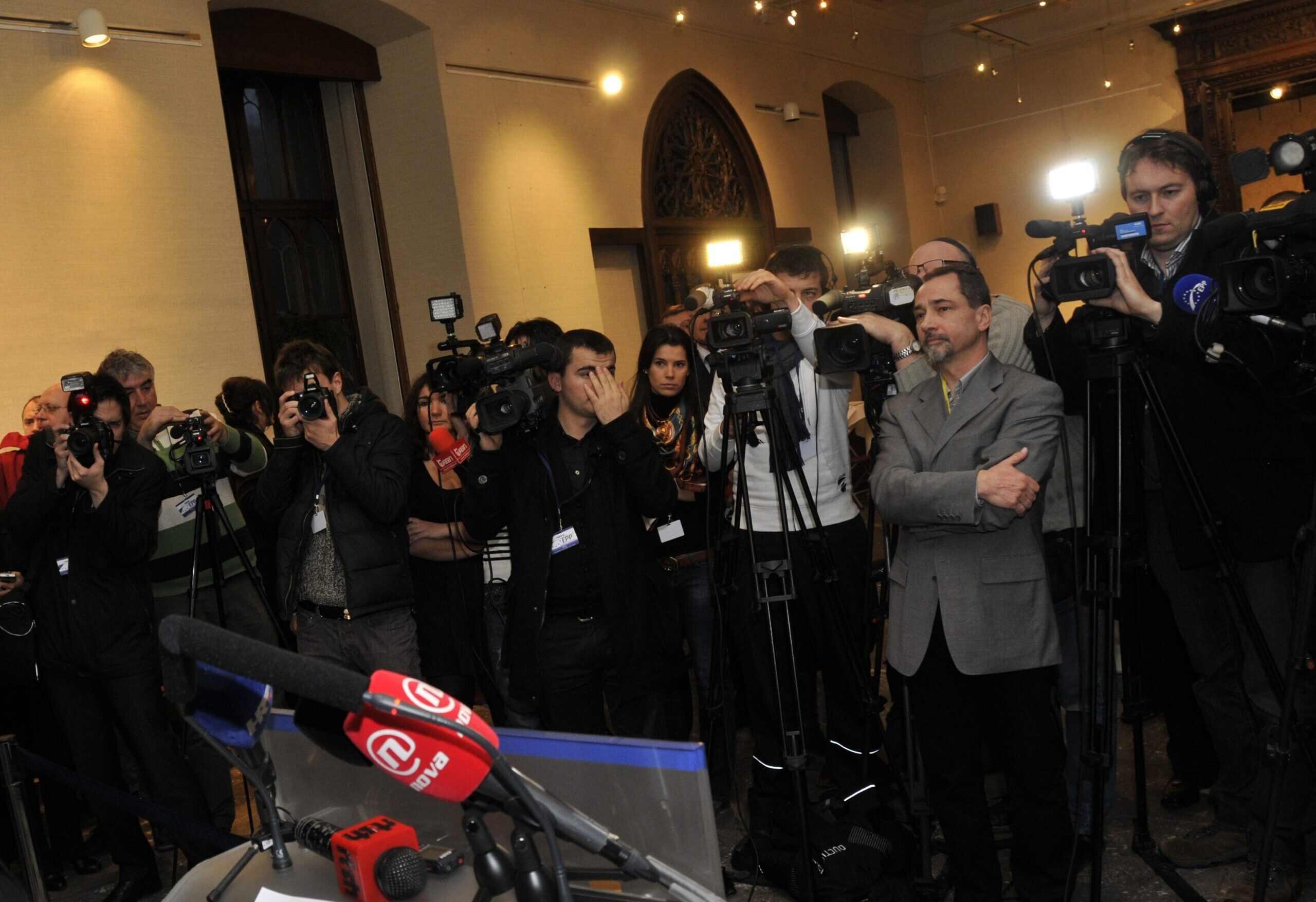Aachen, February 2024 — Widespread farmers’ protests across the Netherlands have brought critical cross-border infrastructure to a standstill, exposing the failure of national governments to safeguard the EU’s core principle of free movement. Blockades on major motorways and border crossings, including the A15 and key routes to Belgium, have disrupted daily life for thousands of commuters, cross-border workers, and consumers.
While farmers voice concerns over EU agricultural and environmental policies, it is the responsibility of national governments to manage domestic tensions without undermining the rights of individuals and the integrity of the EU single market. The failure to act decisively has left consumers and expatriates—who rely on seamless cross-border mobility—bearing the brunt of these disruptions.
“National governments cannot stand by while essential freedoms are trampled,” said Natália Oráviková, Chair of WhizzBang e.V. Meuse-Rhine. “The EU is leading the way on vital climate action, but it is up to national authorities to ensure that protests do not escalate into blockades that harm cross-border workers and consumers. Protecting the environment and safeguarding free movement must go hand in hand.”
The protests, marked by highway blockades and border disruptions like the closure of the N139 road at Arendonk, have caused significant economic and social strain. Cross-border workers, transport companies, and consumers are caught in the middle, highlighting how fragile the balance between national policy and EU freedoms can be when governments fail to act.
WhizzBang calls on national governments, particularly in the Netherlands and neighboring states, to enforce measures that protect cross-border movement while respecting the right to protest. EU citizens must not be collateral damage in national disputes.
We urge policymakers to prioritize effective, forward-looking solutions that address environmental challenges while upholding the fundamental freedoms of the EU single market. Member states must coordinate with EU institutions to ensure that domestic unrest does not compromise the rights and daily lives of millions of citizens.


